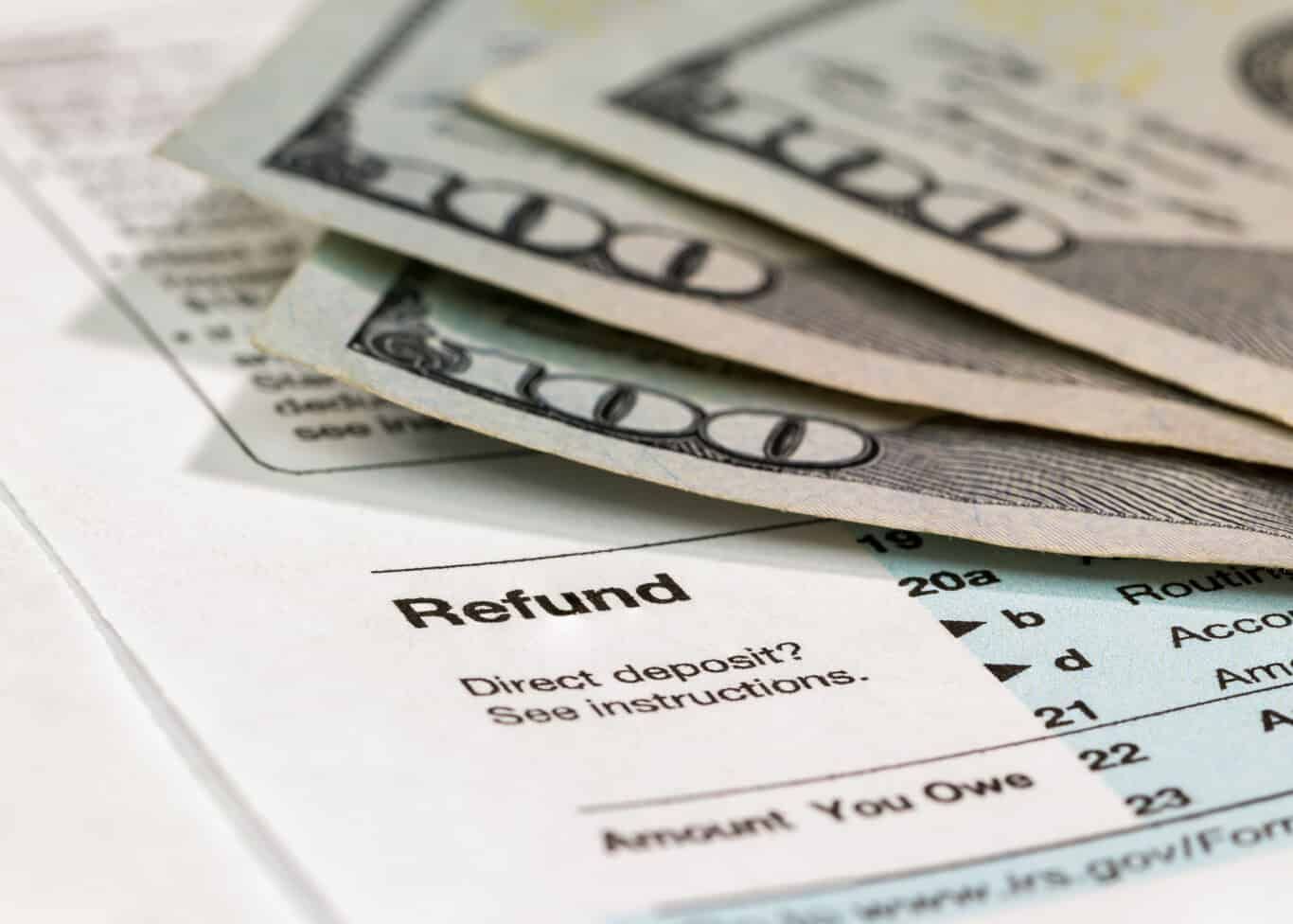
Fake Coronavirus Checks & Grants
You knew it would happen, especially when Washington is considering emergency checks for citizens as part of the stimulus package. Here’s how to spot the fakes.
First things first: U.S. Treasury Secretary Steven Mnuchin announced March 29 that any stimulus check you may qualify for would be direct-deposited into your account in as soon as three weeks, although he admitted it may take longer than that. So it would appear any legitimate coronavirus relief check won’t be a check at all, but an automatic deposit.
Even so, the coronavirus check and grant scams have already started:
- UNSOLICITED OFFER THROUGH SOCIAL MEDIA, EMAIL, PHONE OR TEXT. Kristen Weber, director of accreditation for the Better Business Bureau of the Mid-South, said three Memphians have already received unsolicited COVID-19 money offers from unknown senders via Facebook or phone call. One of the Facebook appeals was a clickable ad posted by the “U.S. Emergency Grants Federation” (does not exist), promising a government grant to get you through the crisis. The other masqueraded as the consumer’s “friend” on Facebook, claiming she could hook her up with a contact who’s acquiring grants for seniors impacted by the pandemic. The third received an unsolicited phone call from an unidentified person about “the funding that the president is giving to Americans because of the coronavirus pandemic.” No government agency will ever initiate contact with you via social media or a phone call unless you started the contact first.
- REQUESTS FOR PERSONAL INFORMATION. Weber told me that in each of those scenarios, the contact requested the consumers’ personal information, typically their Social Security numbers. RED FLAG! Again, a legitimate government agency will never ask for that information over social media, text or email — and only over the phone if you initiated the call to the REAL government agency.
- REQUESTS FOR UPFRONT CASH, CHECK, CREDIT CARD OR WIRE TRANSFER. If the unsolicited contact isn’t enough to convince you it’s a scam, then the request that you send money to get the money should be.
- COUNTERFEIT CHECKS. The BBB and I expect to see some form of the counterfeit check scam soon (featured inside THIS #WiseWarning) using the coronavirus stimulus package as the bait. If they ask for money upfront, or if they ask you to deposit or cash the “stimulus check,” then wire some money back as a “tax” or “fee,” it’s a scam.
“Remember: no matter what these stimulus payments/grants wind up being, only scammers will ask you to pay to get them,” emphasized Weber.
Here are more of the Better Business Bureaus tips related to coronavirus check scams:
- The government is putting together a stimulus package that should include checks or deposits to individuals. However, they will not ask you to pay anything up front to get this money. No fees. No charges. No nothing.
- The government will not call to ask for your Social Security number, bank account, or credit card number. Anyone who does is a scammer.
- These reports of checks aren’t yet a reality. Anyone who tells you they can get you the money now is a scammer.
- Don’t give out your bank account information to anyone you don’t know. Scammers pressure people toto divulge their bank account information so they can steal the money in the account.
- Look-alikes and sound-alikes aren’t the real thing. Just because the caller says he’s from the “Federal Grants Administration” doesn’t mean he is. This and other names used are fakes.
- Phone numbers can deceive. Con artists use the Internet technology to disguise their area code in caller ID Systems. They could be calling from anywhere.
- Normally, we’d wait to know what the government’s payment plan looks like before we put out a message like this. But these aren’t normal times. And, as we’ve already seen, the scammers are gearing up to take advantage of this.
Be vigilant. Follow the progress of the stimulus package from reliable news and government sources, then keep coming back to this #WiseWarning to separate the facts from the fakes.
Copyright 2020 Wise Choices TM. All rights reserved.
andy wise, andy wise choices, andy wise memphis, better business bureau, better business bureau of the midsouth, check scams, consumer investigator andy wise, consumer protection, coronavirus, coronavirus scams, government checks, reporter andy wise, wise choices